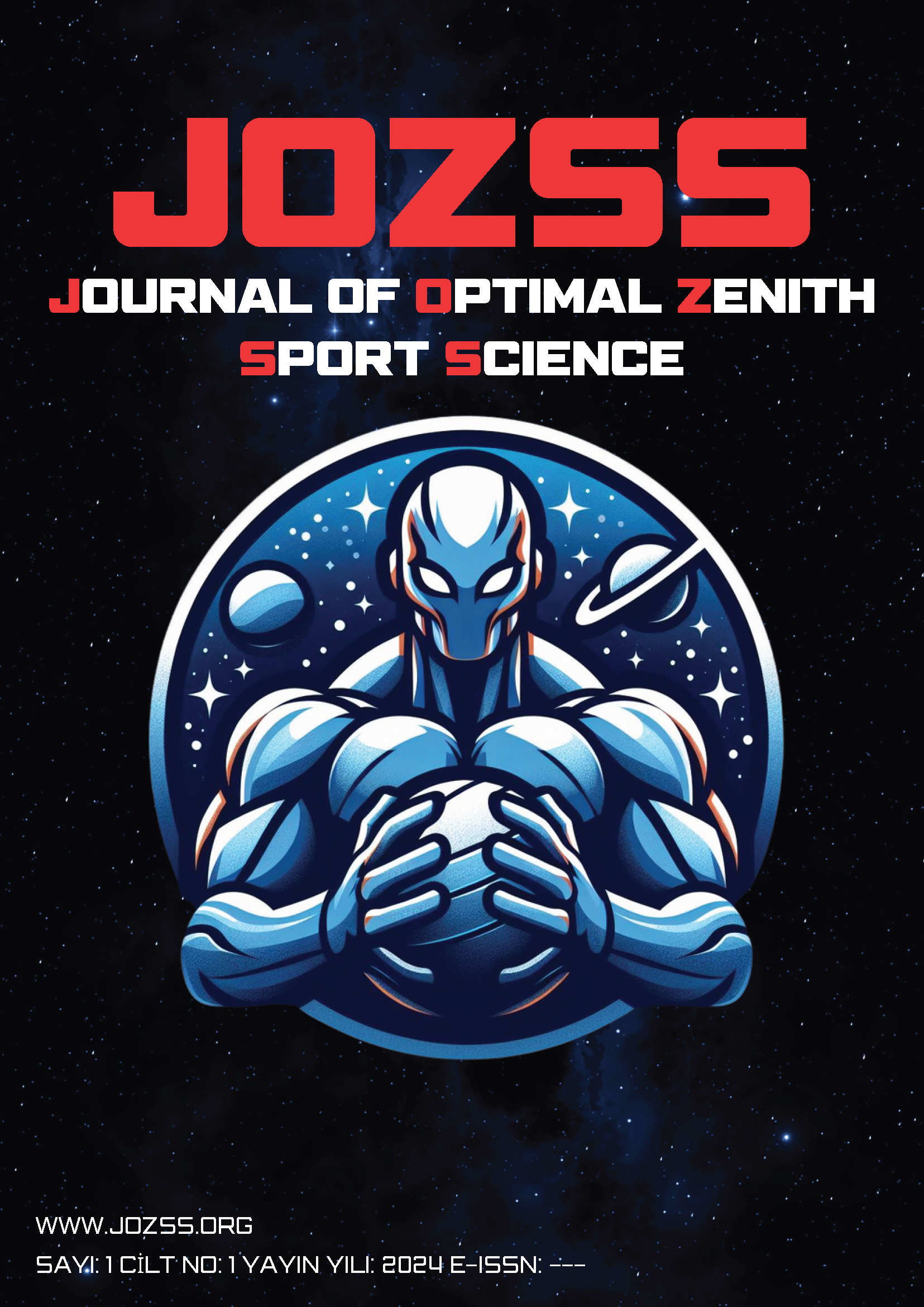The Characteristics of Awards in Sports During the Ancient Greek and Near Eastern Societies
Abstract
The aim of this study is to investigate the characteristics of awards in sports in Ancient Greek and Near Eastern societies. A literature review has been conducted. In ancient times, there were no gold, silver, or bronze medals in the Olympic Games. It is sometimes noted that the expenses of athletes were covered by wealthy aristocrats. Symbolic awards were also observed in Ancient Greek sports. In funeral games, awards could vary depending on the status of the deceased and the generosity of the organizers. In funeral games, not only the competitors but also the spectators and awards were considered necessary. In Homeric epics, awards were seen as tripod cauldrons, horses and mules, strong oxen, elegantly dressed women, and raw iron. Awards represented the value of a deceased person. Some of the awards were given from the estate of Patroclus. The depiction of the Goddess of Victory crowning an athlete might suggest that successful individuals were rewarded similarly to today. In funeral games, the prizes awarded in the boxing category were a mule and a cup, which were considered valuable according to the values of the time. In wrestling, two awards were mentioned. The first-place prize was twelve large cattle, while the second prize was a woman who owned four cattle. In the discus throw competition of the funeral games, the award was a lump of raw iron. Although the awards given in ancient times differed between Ancient Greece and the early Turkic societies, they maintained their importance. However, it is widely perceived that they were more numerous in Ancient Greece. As in the present day, the awards given in universal competitions differed from those given in local events. There was diversity in the awards, and they were presented in ceremonies. In Ancient Greece, tripods, amphorae, oxen, and olive wreaths were prominent awards, whereas in Turkic societies, horses, male animals, and seals were prioritized. In other words, awards varied according to the cultural values of each nation.
Downloads
Published
How to Cite
Issue
Section
License
Copyright (c) 2024 Journal of Optimal Zenith Sport Science

This work is licensed under a Creative Commons Attribution 4.0 International License.



